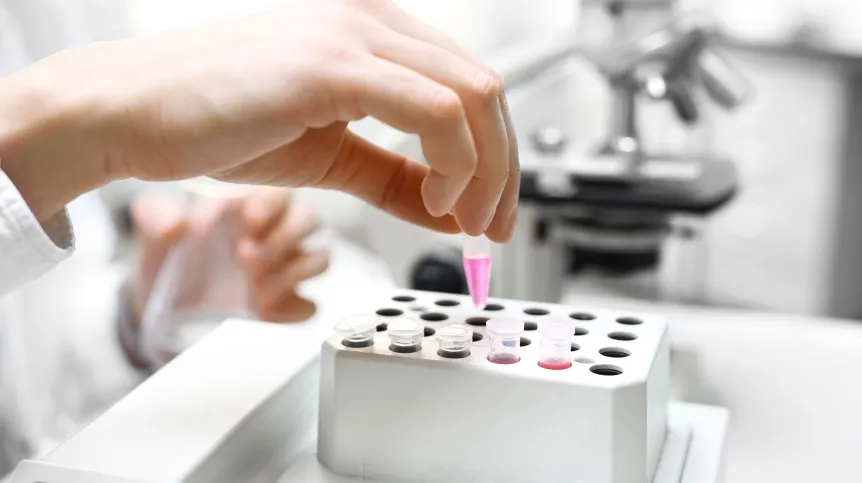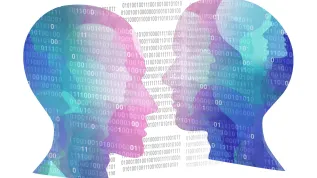
Access to thousands of drugs, vaccines, new therapies... We are all beneficiaries of the self-sacrifice of people who agree to participate in medical trials, says bioethicist Professor Paweł Łuków. In his opinion, participation in such research is a matter of social solidarity, and thus ... an unwritten obligation.
In order for a new drug, medical therapy or vaccine to enter the market, it is necessary to first test it on a group of volunteers. As part of clinical trials, some people receive a drug that has not been tested or has only been partially tested on humans, previously tested in laboratory tests and on animals, and some people receive a different, previously used drug or a placebo that has no effect on the body.
This process - regulated and controlled by ethics committees - leads to huge potential benefits for the public: humanity can gain access to new therapies and vaccines that save lives and improve the quality of life of millions of people.
For participants, however, taking part in clinical trials involves risks. The stakes include loss of health or - in extreme cases - even shortening of life. There can be many reasons for this, for example, delayed application of a previously available therapy, when the tested one turns out to be ineffective.
In his publication in the scientific journal Bioethics, Professor Łuków from the University of Warsaw reflects on the ethical values that should guide scientists who expose participants in biomedical research to the risk of participating in the study. After all, what justification can a scientist have for inviting people to participate in a trial that potentially entails harm to health? Is it allowed to knowingly put others at risk? Łuków comes to the conclusion that the value, in the name of which it is allowed, is solidarity with others.
He said: “My proposal is to consider the principle of social solidarity as the ethical basis for inviting people to participate in scientific research. According to this principle, we try to overcome our ignorance together and develop methods that will improve the lives of people. It not only affects our own fate, but also the fate of others who are or will be sick.”
The researcher explains that scientific knowledge - which can be used in practice to treat people - is a public good, a good that once provided to some (if they need it and want to use it), can also be provided it to others. For example, the publication of a paper describing a new scientific discovery makes this discovery available to everyone who can and wants to learn about it.
“We all should know and understand that we are the beneficiaries of someone else's self-sacrifice,” he said.
According to Łuków, approaching the topic from this perspective has significant ethical consequences. Since we all reap the benefits of knowledge, we should not be 'stowaways' and contribute to the creation of knowledge as much as possible. He continued: “Solidarity is not only a concept, but also actions. Since the knowledge obtained in clinical trials can be generalised, its creation and use should be associated with interpersonal solidarity. Therefore, not only scientists who conduct trials, but also all of us who use the results of these studies or may use them in the future - we have an unwritten obligation to contribute to the creation of this knowledge as much as we can. Certain social challenges and problems are our common problems, even if they do not concern us personally at the moment.
“There is another important consequence of this approach: when the opportunity arises, we should participate in clinical trials.”
But while participation in clinical trials is and must remain absolutely voluntary, it is nonetheless an obligation.
Łuków said: “It is like an obligation to help others in need. It is not a moral obligation to help +everyone+ in need in +any+ circumstances. But we do have an obligation to help others. We agree that we must not leave everyone in need without help. This is a similar situation: we have a +weak+ obligation to support others by participating in biomedical research.
“Since we take advantage of someone else's self-sacrifice - not on the basis of payment, but on the basis of solidarity, a sense of common fate - then it may be worth it to consider taking part in a study if the opportunity arises. Precisely because of the value of a sense of solidarity with others.”
PAP - Science in Poland, Ludwika Tomala
lt/ zan/ kap/
tr. RL













